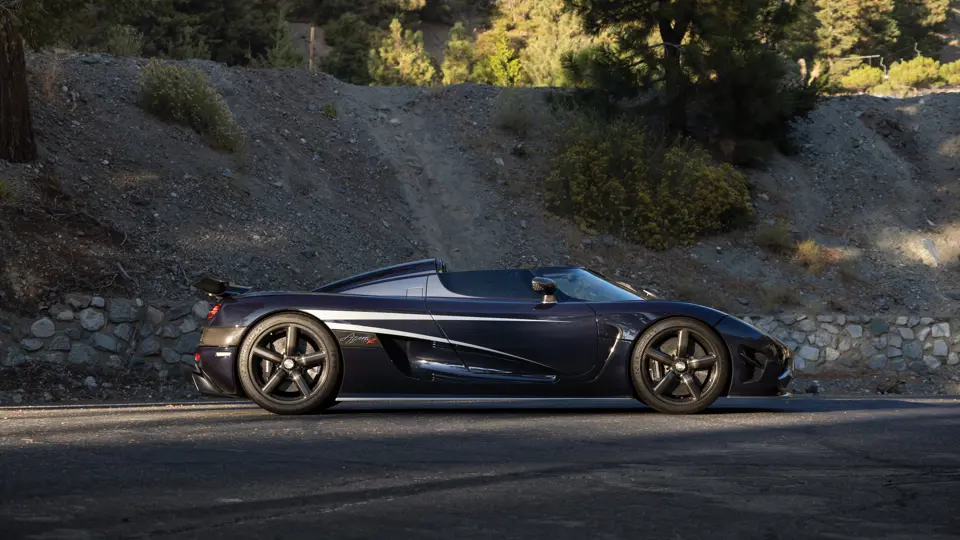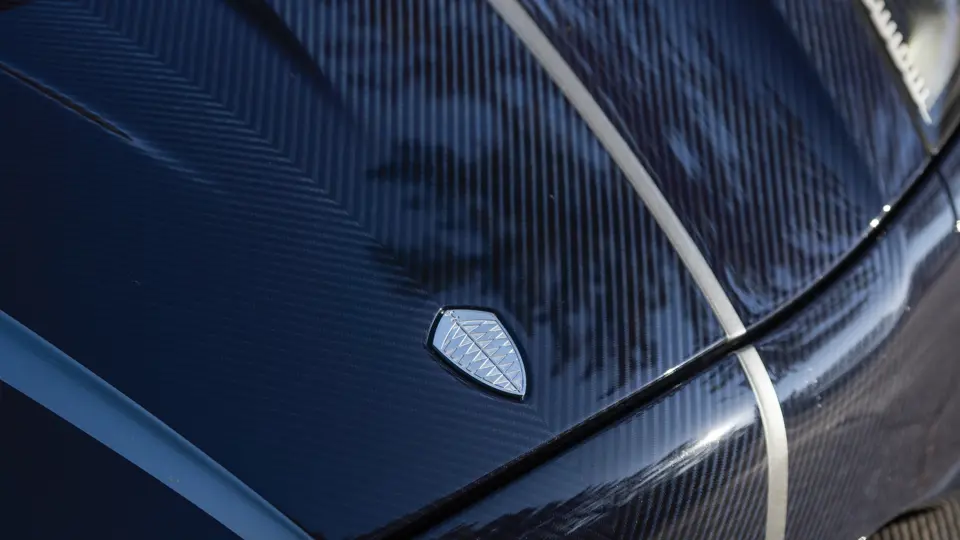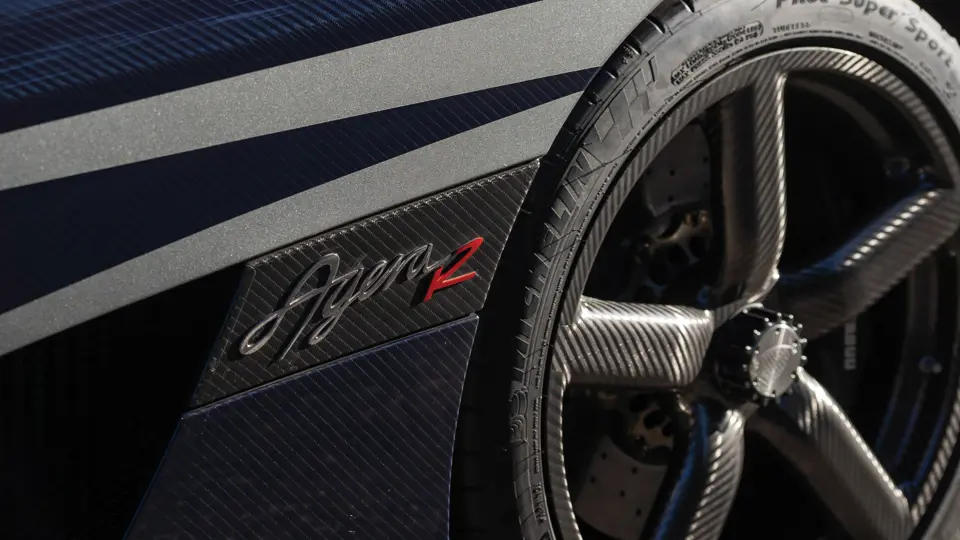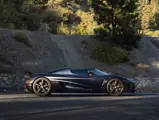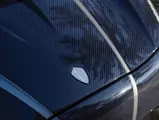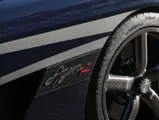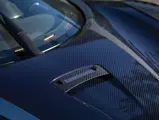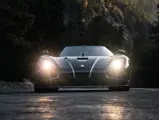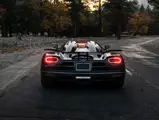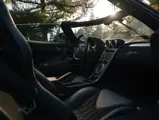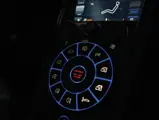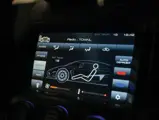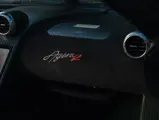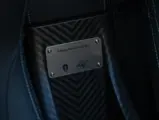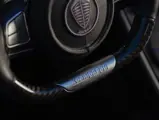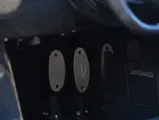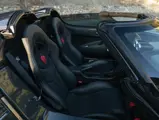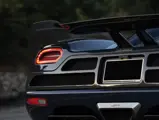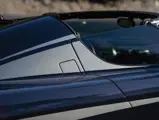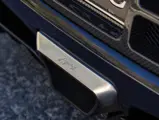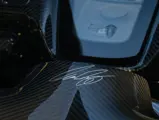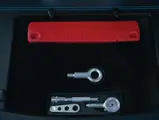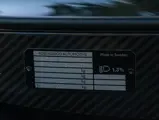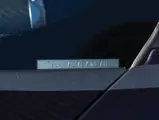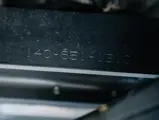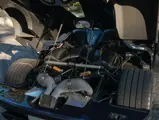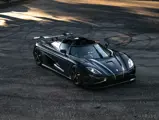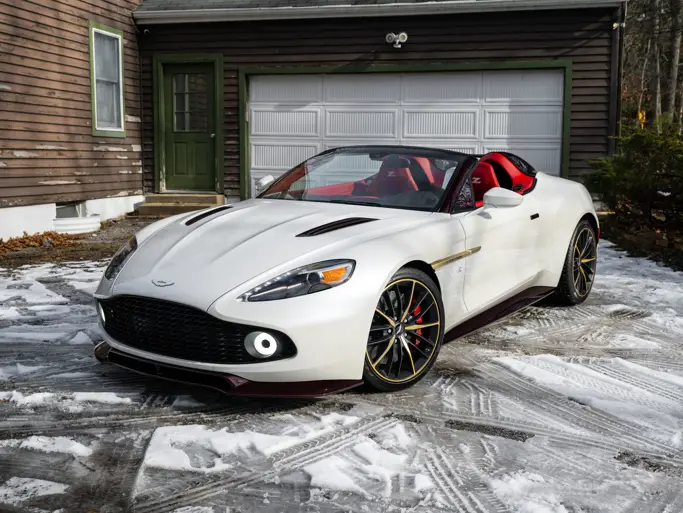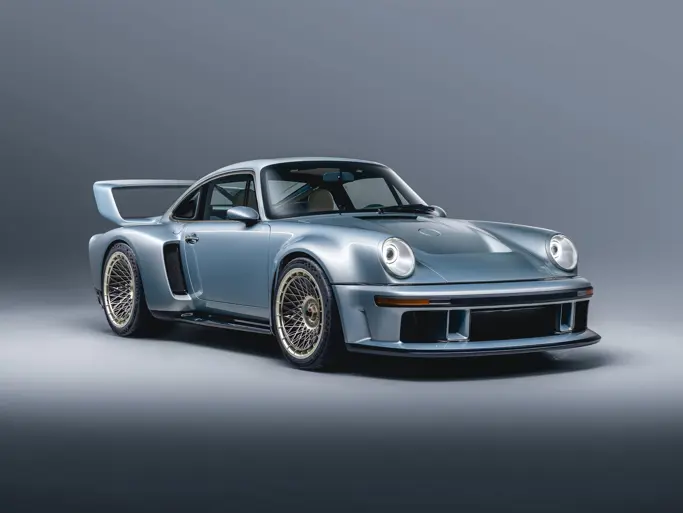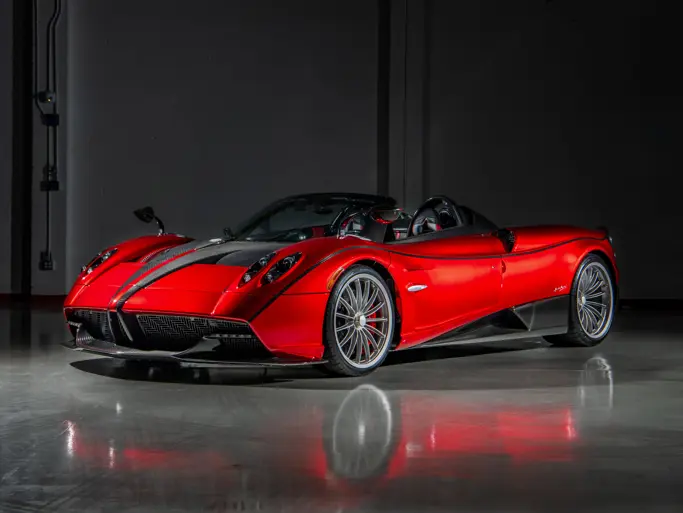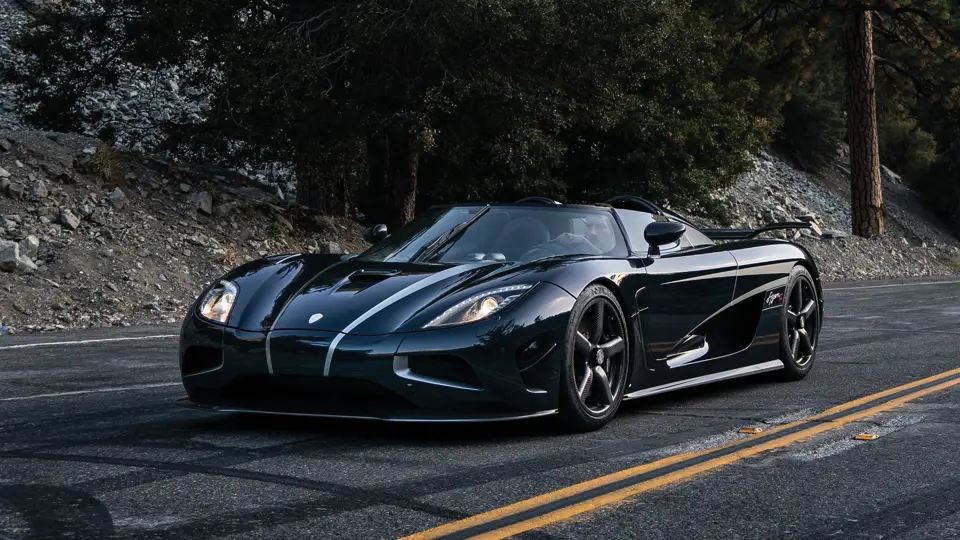
2014 Koenigsegg Agera R
{{lr.item.text}}
$1,356,250 USD | Sold
{{bidding.lot.reserveStatusFormatted}}
- Only 18 examples built; one of two finished in blue carbon fibre
- Less than 4,400 miles from new; recently serviced
- Impressive engineering; capable of running on petrol or E100 biofuel
- Groundbreaking supercar from an equally innovative company
Known for their exceptional performance, revolutionary engineering, and Swedish charisma, Koenigsegg quickly made a name for itself after Christian von Koenigsegg founded the company in 1994 at only 22 years old. He would later debut the incredible CC8S production prototype at the Paris Motor Show six years later. Accruing world records for Most Powerful Production Engine with the CC8S and Most Powerful Production Car with the CCR, the company put the world on notice when the CCR took the McLaren F1’s top speed record at the Nardò Ring in February 2005, hitting a top speed of 387.86 km/h.
Moving from strength to strength, another big moment for Koenigsegg came in 2010 at the Geneva Motor Show, when it unveiled the Agera. This heralded a departure from twin-supercharged cars to twin-turbochargers, with plenty of time spent to develop an exhaust system that virtually eliminated turbo lag. Koenigsegg even developed new wheels, designed like turbines to extract heat from the massive brakes.
The following year, the introduction of the Agera R offered welcome updates to the model, including new winglets on the nose and an all-new Aero exhaust. Koenigsegg set a world record in 2011 for driving 0–300–0 km/h in a blistering time of 21.19 seconds, a record that stood for four years before being bested by Koenigsegg’s own One:1. Importantly, the massive performance can be reined in at a moment’s notice, care of Koenigsegg’s carbon-ceramic piston brake system. Braking from 100–0 km/h is accomplished in just 30.5 metres.
Perhaps more impressive is that Koenigsegg Agera R runs on both petrol and E100 biofuel, taking a sustainable step in the direction of performance. Importantly, the car’s engine management system can sense what fuel is in the car, or a mixture of the two, and adjust accordingly. Amazingly, the Agera R actually produces more power on biofuel than it does on normal petrol, producing 1,140 bhp and 1,200 Nm of torque on E85 and E100 compared to 960 bhp with 1,100 Nm of torque on 95 octane petrol, with changes to the boost pressure and ignition timing to match each fuel’s specific characteristics. Accordingly, for the Agera R, a new Aero exhaust was fitted, and the engine RPM limiter was raised.
Only 18 examples were built from 2011 to 2014, and this car is amongst the very last. Chassis 7103 was completed in April 2014. It sports a very attractive colour scheme of dark blue exposed carbon fibre contrasted with silver stripes and accents. Riding on five-spoke carbon-fibre wheels, the car is trimmed in black leather and Alcantara, with red Koenigsegg crests stitched on the seats. The centre console infotainment panel has been anodized black, rather than being finished in brushed aluminium as was standard.
Fascinatingly, the car was originally born with a blue-and-white interior, utilising ostrich-skin leather dyed white on the instrument binnacle, door handle pulls, and rear bulkhead to make for a truly unique specification. However, the individual who commissioned the Agera R did not take delivery, and after it found a new buyer, who was U.S.-based, the interior was retrimmed to its present configuration. At that time, the rear diffuser was also refinished in black from its original white.
According to the accompanying CARFAX report, the car entered the U.S. in August 2015 and was noted as having just 10 miles on its odometer, though it was not built to U.S. specifications. One year later, the car had been driven barely over 1,000 miles and was noted as residing in California. It has remained there ever since, and today the car is showing just under 4,400 miles on its odometer.
Koenigsegg proved in 25 short years that an individual with a dream can take on the supercar establishment and win. The company’s philosophy of building innovative and revolutionary cars shines through in every aspect of the Agera R. As such, this example would be a brilliant addition to any collection, benefitting from being one of only two such cars finished in blue carbon fibre and having been driven less than 4,400 miles from new. It will not only be admired for decades to come, but will surely hold its own against the supercar establishment for the foreseeable future, like the company that bears its name.




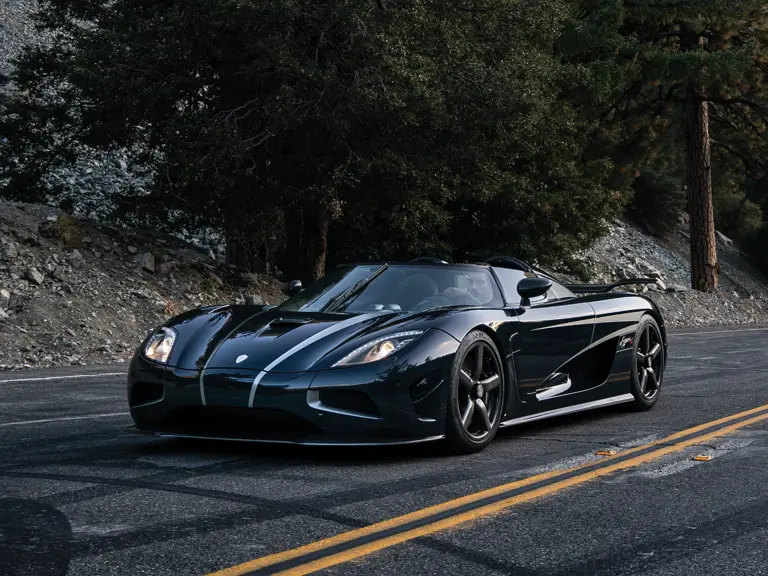
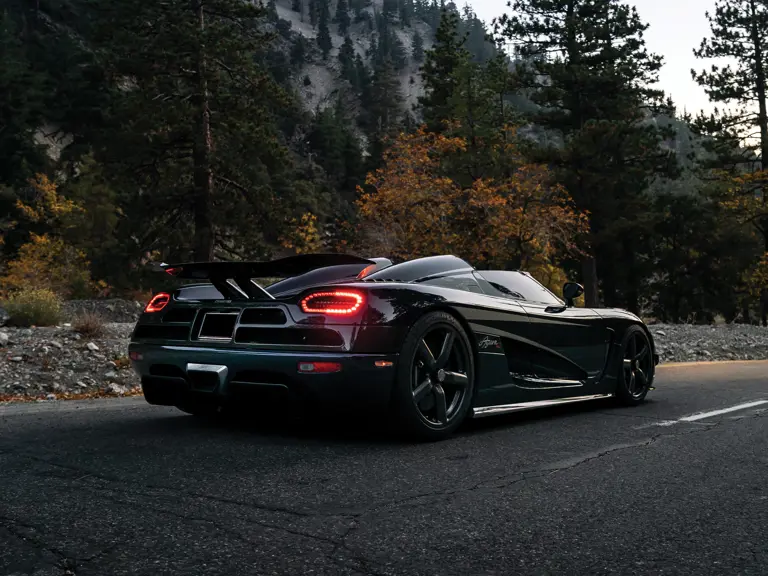
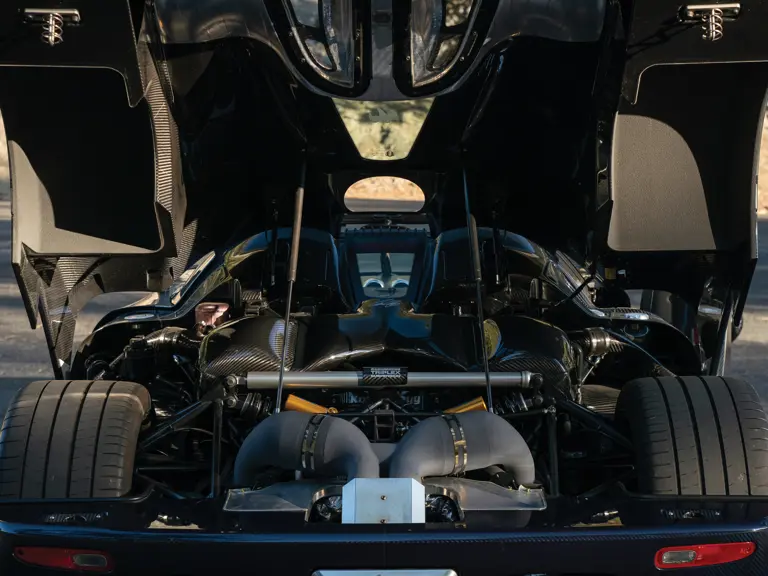
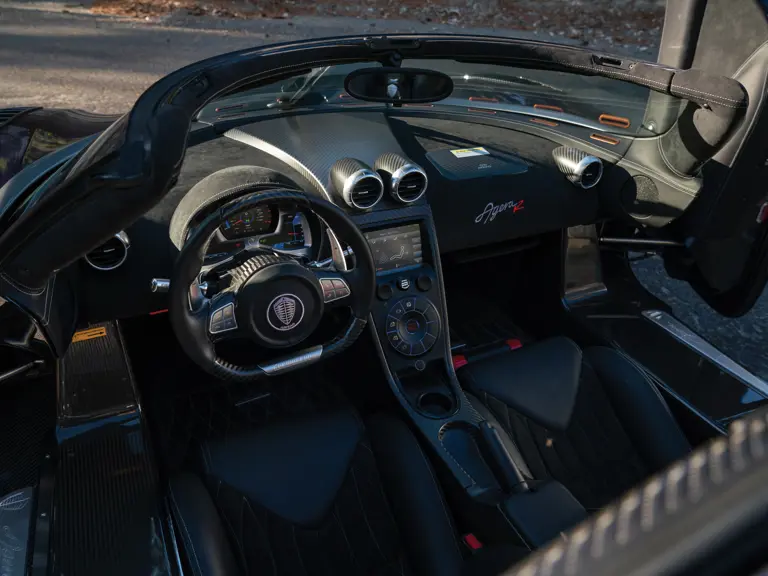
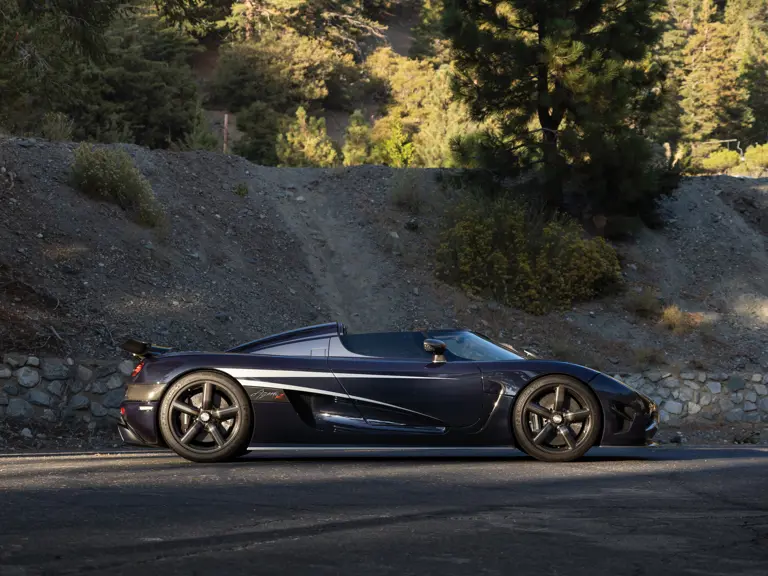
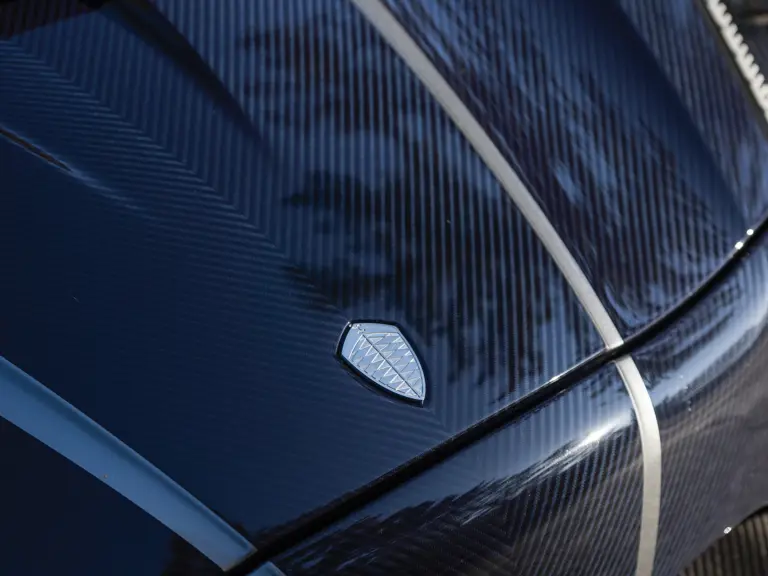
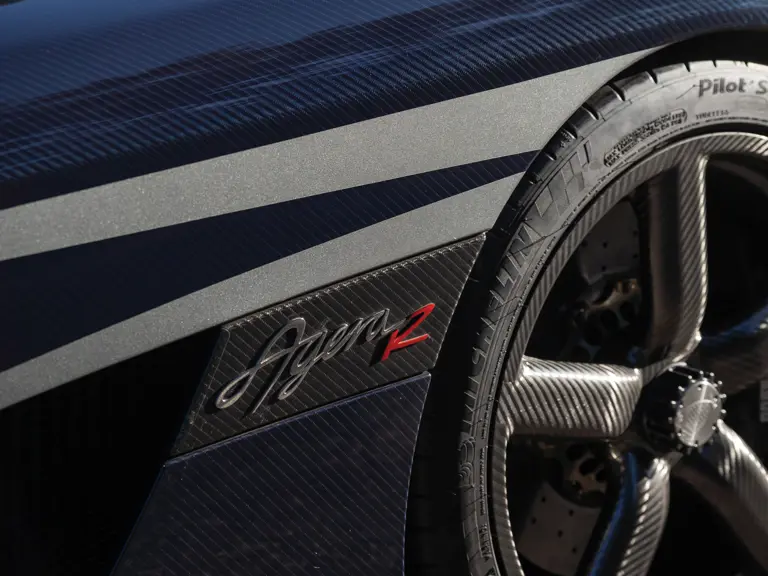
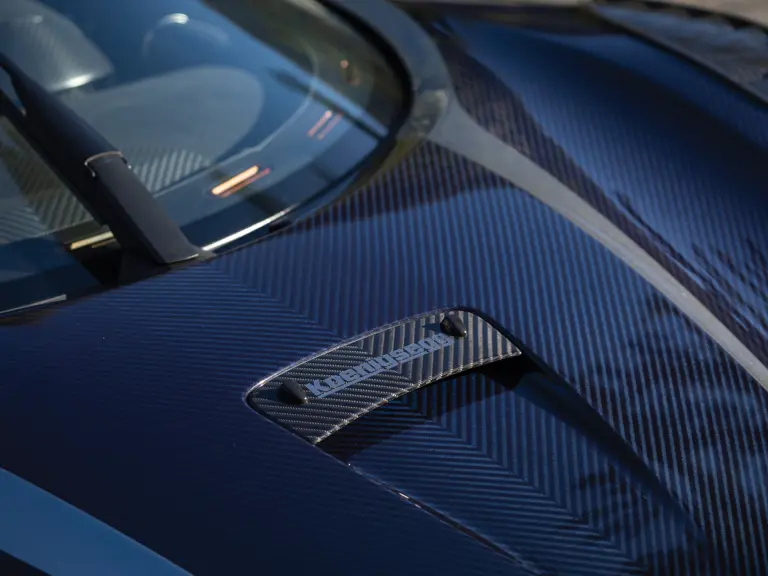
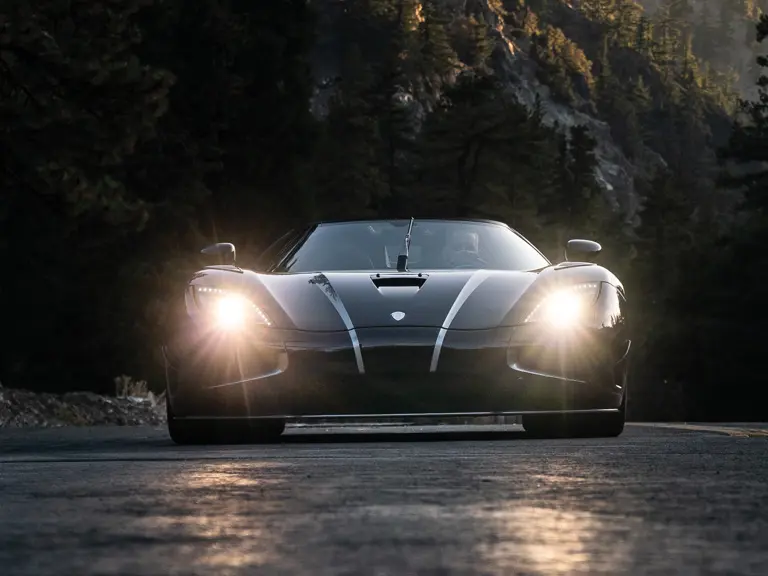
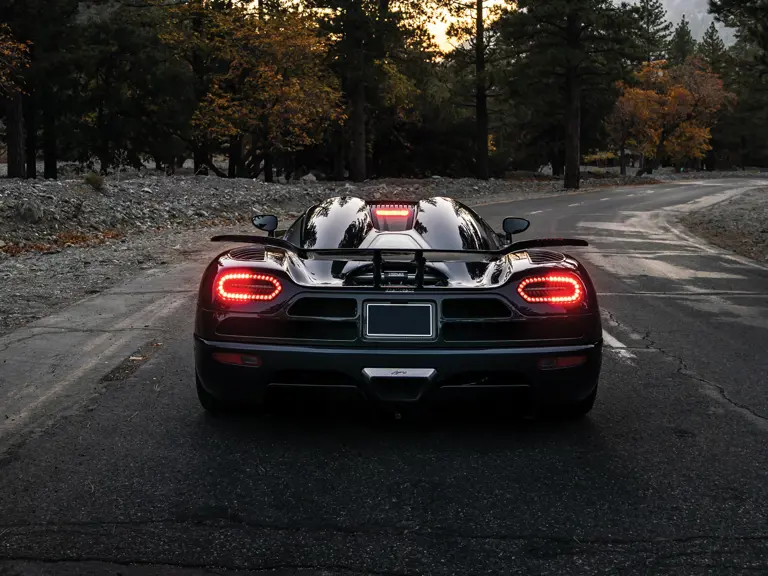
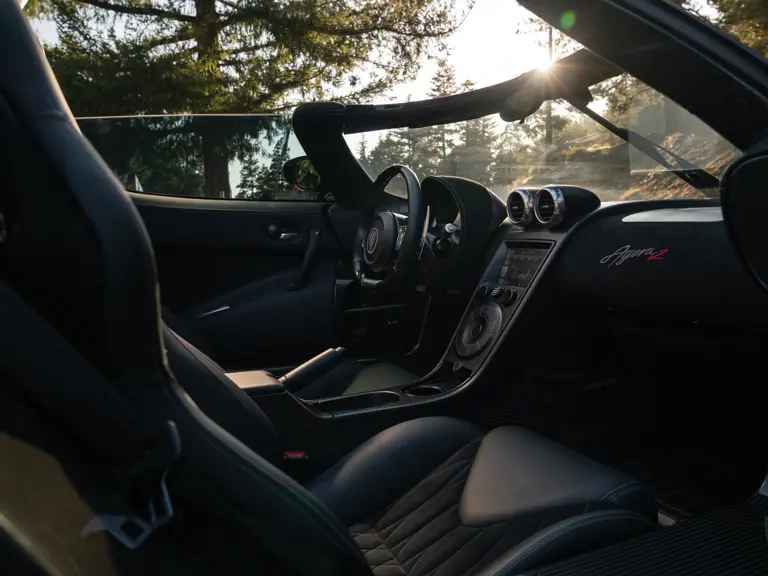
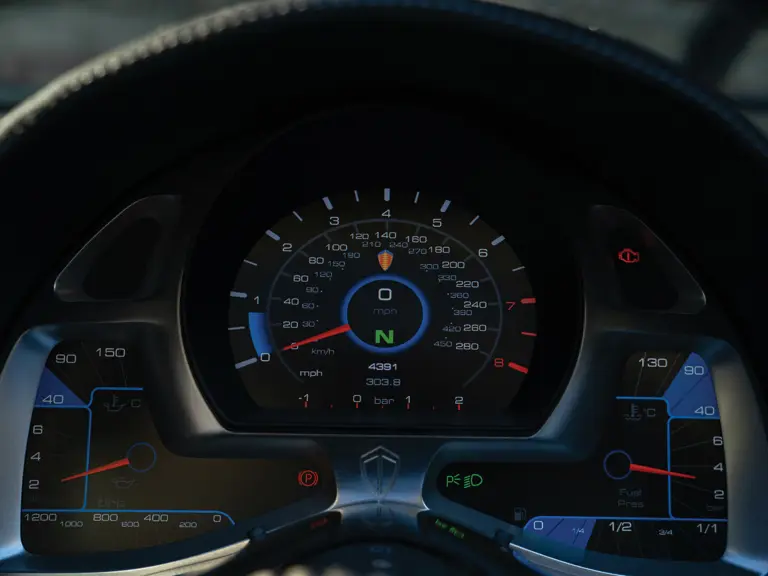
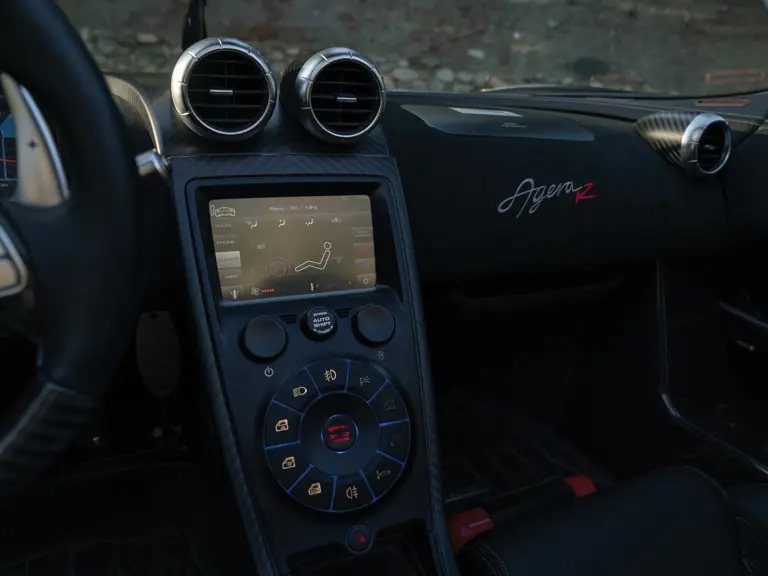
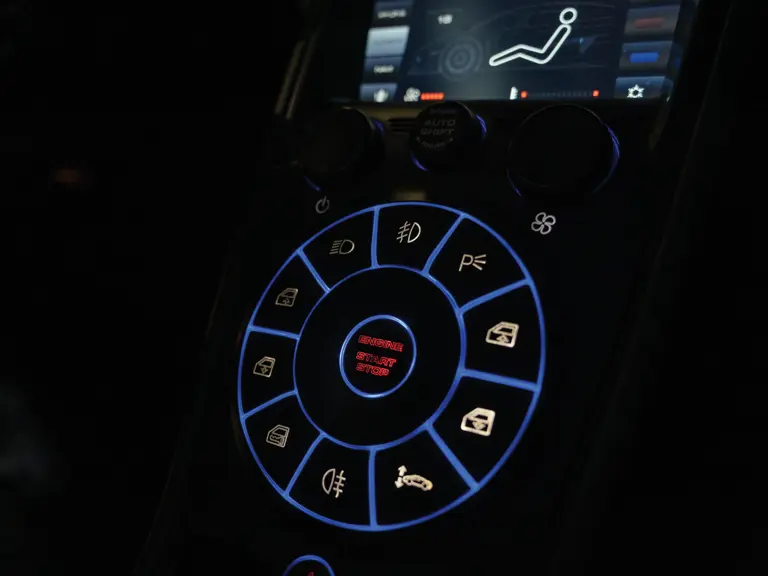
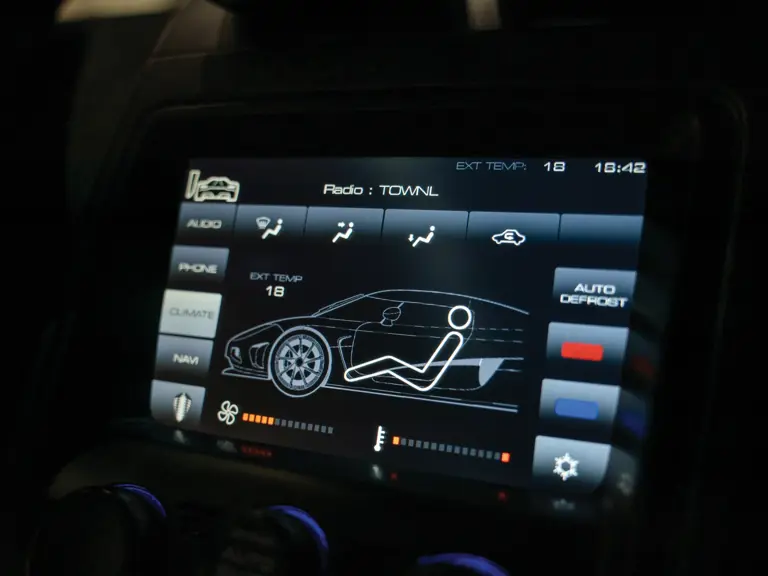
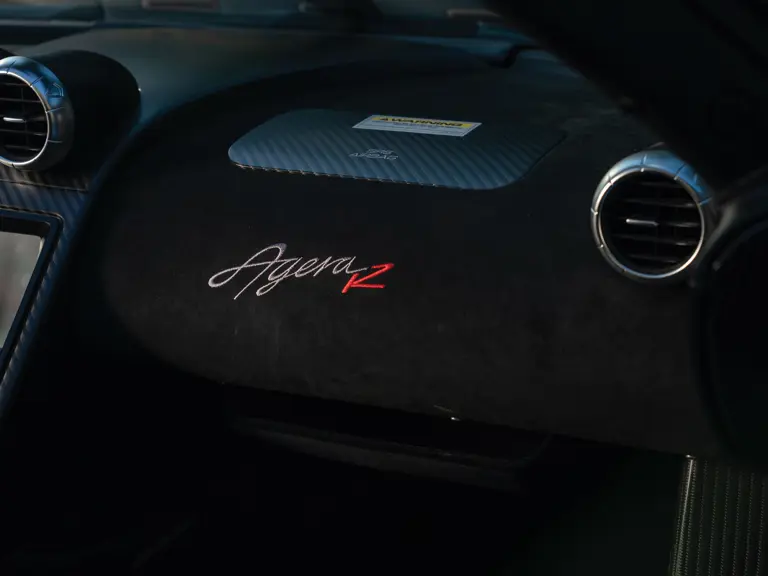
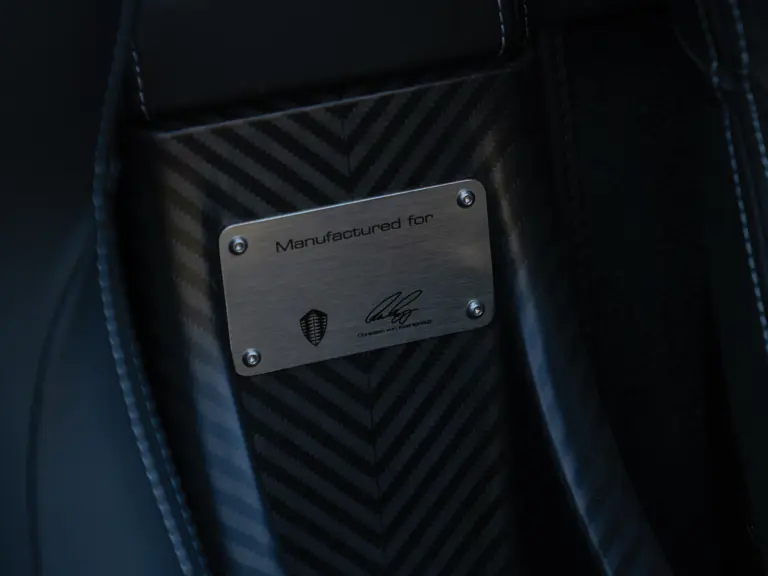
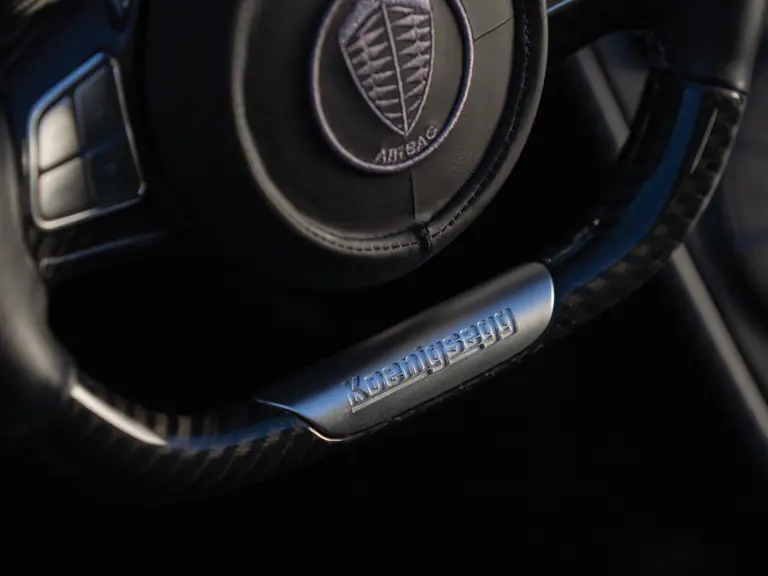
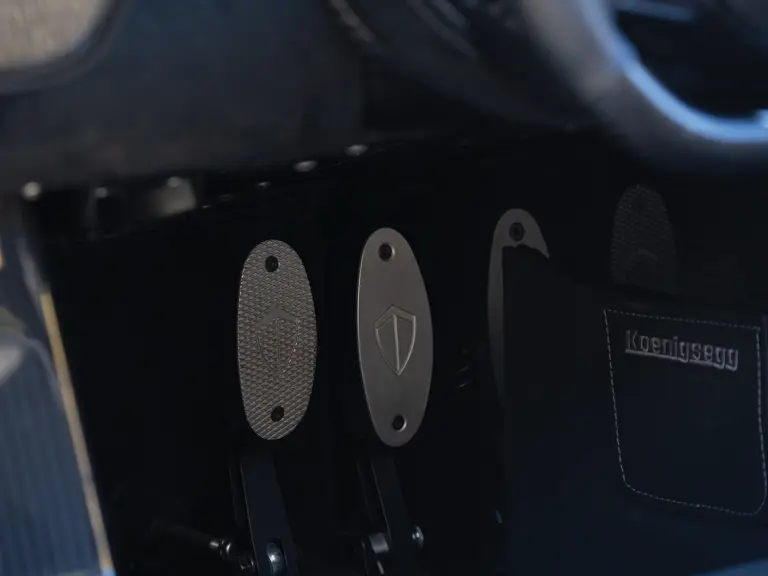
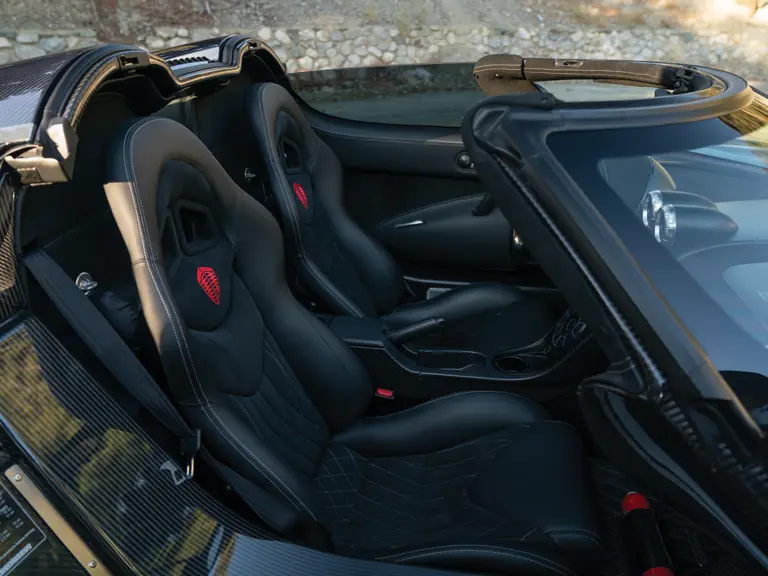
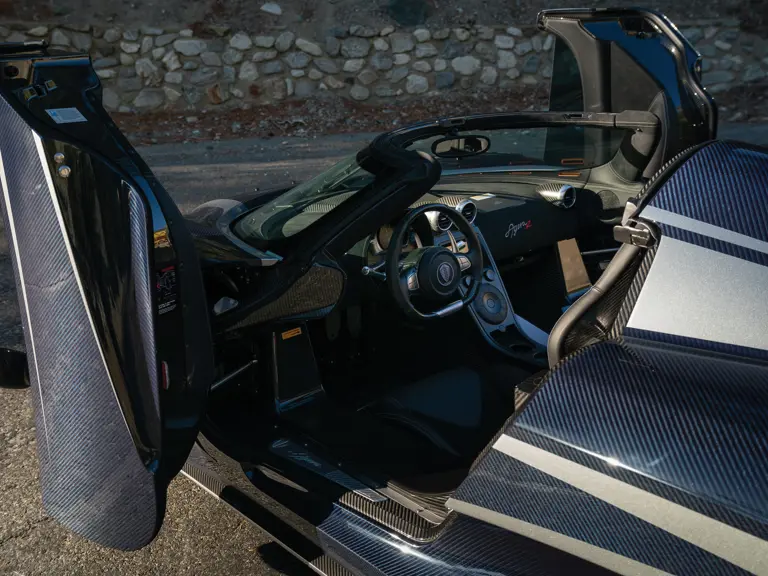
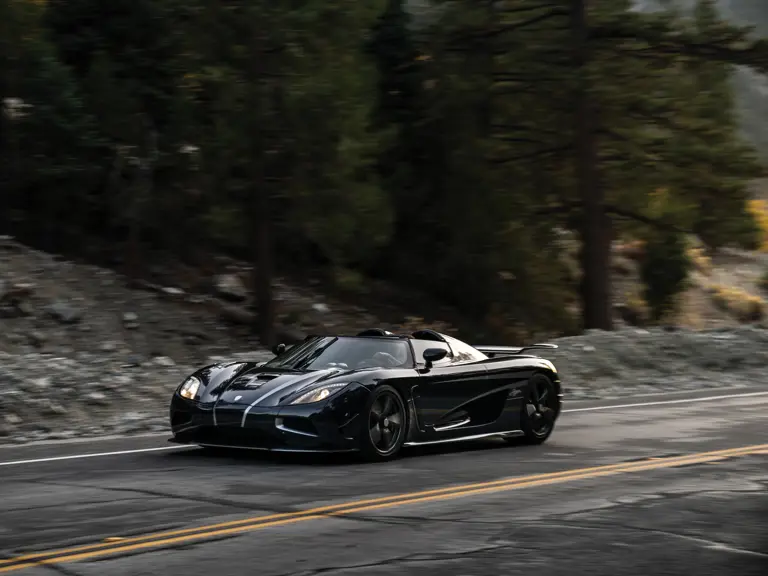
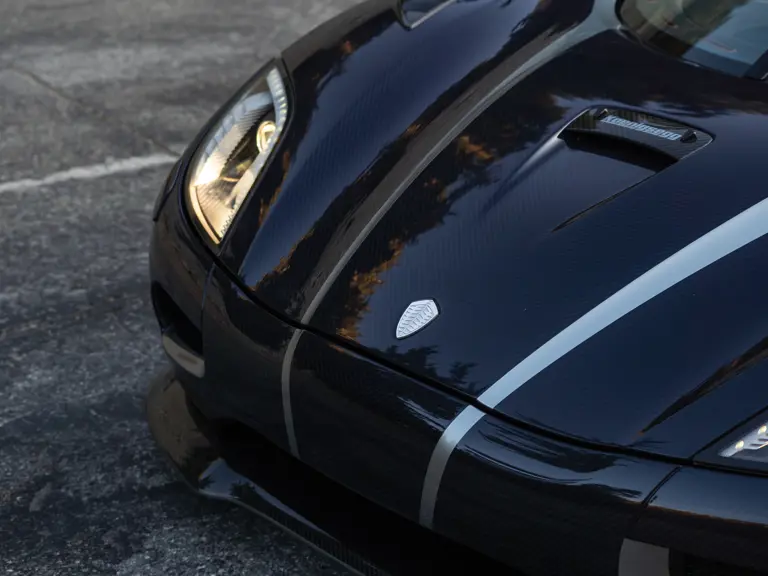
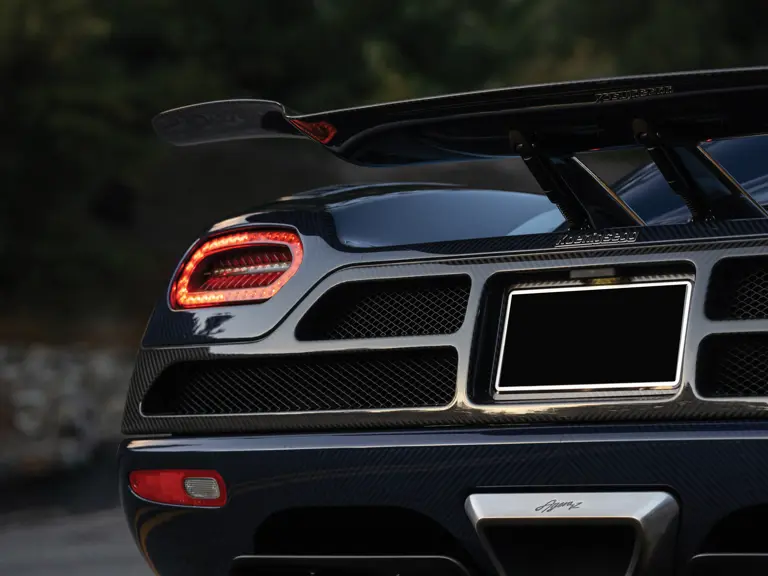
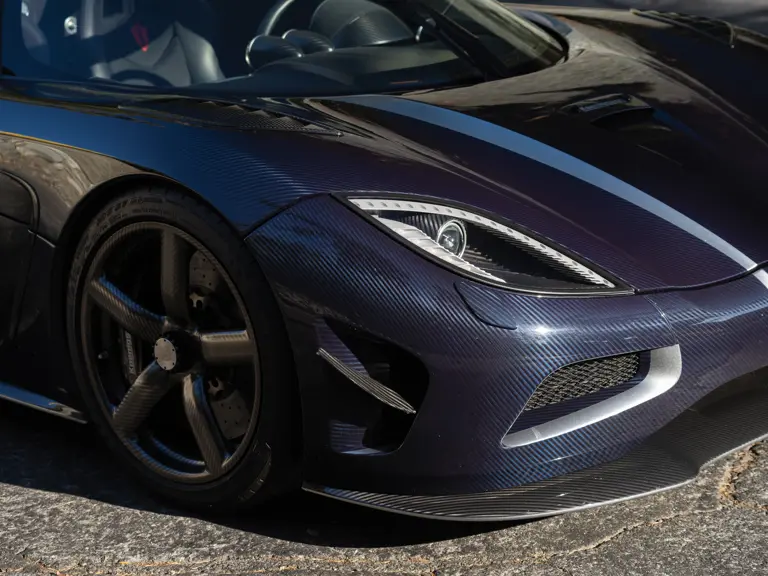
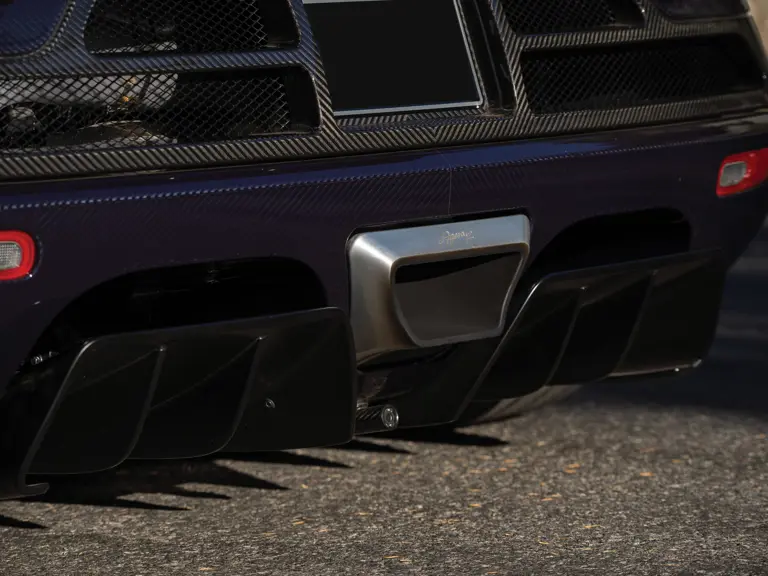

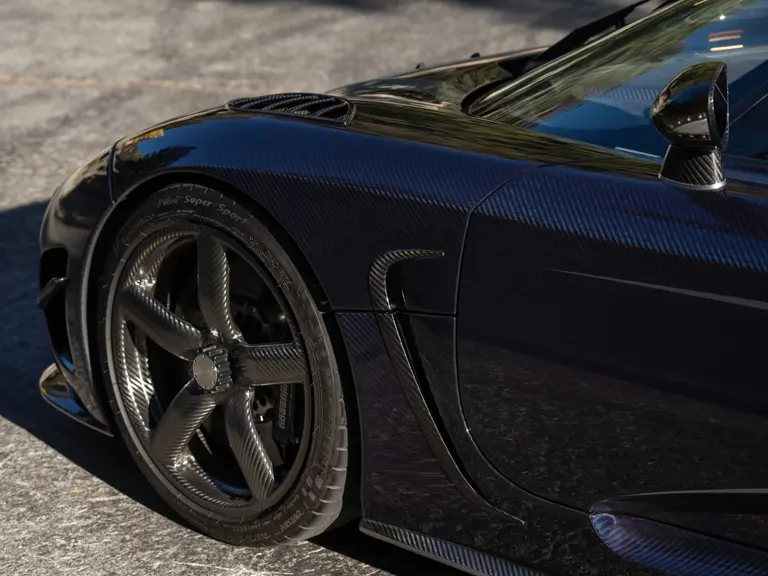
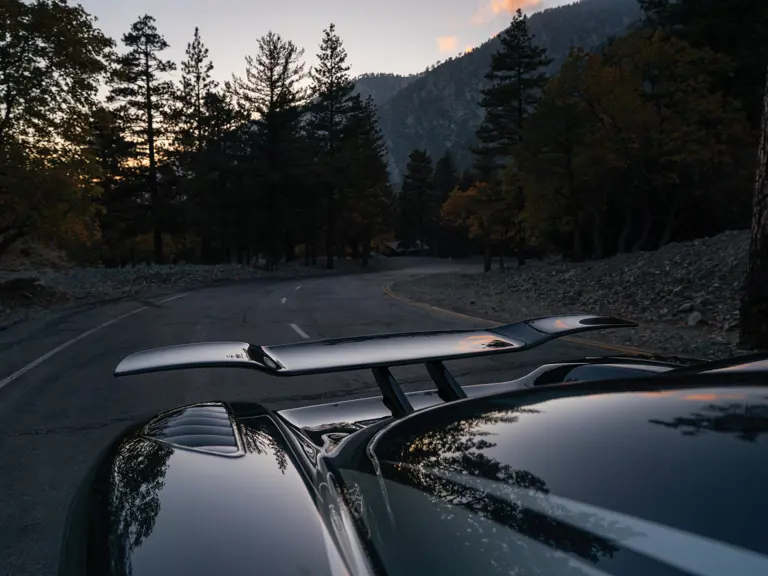
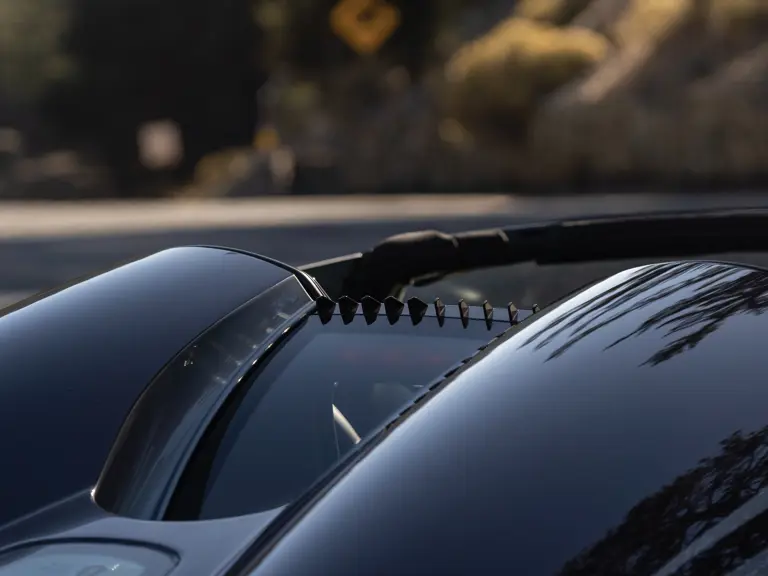
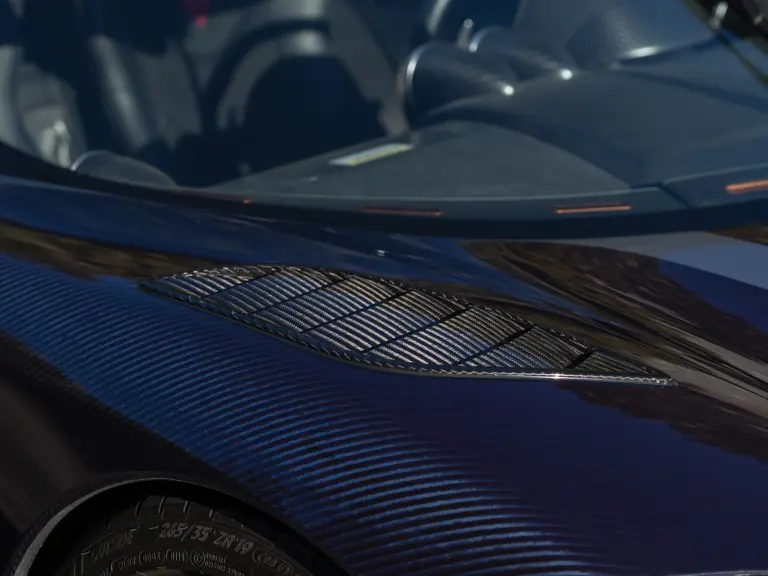
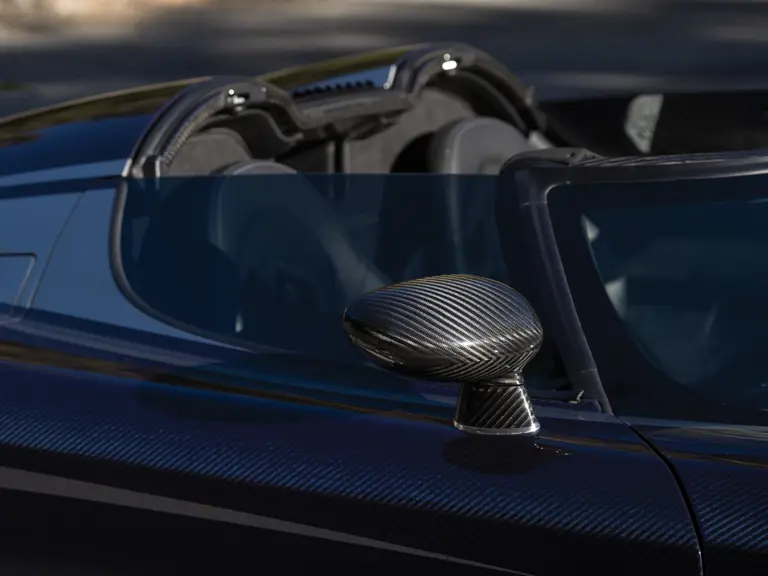
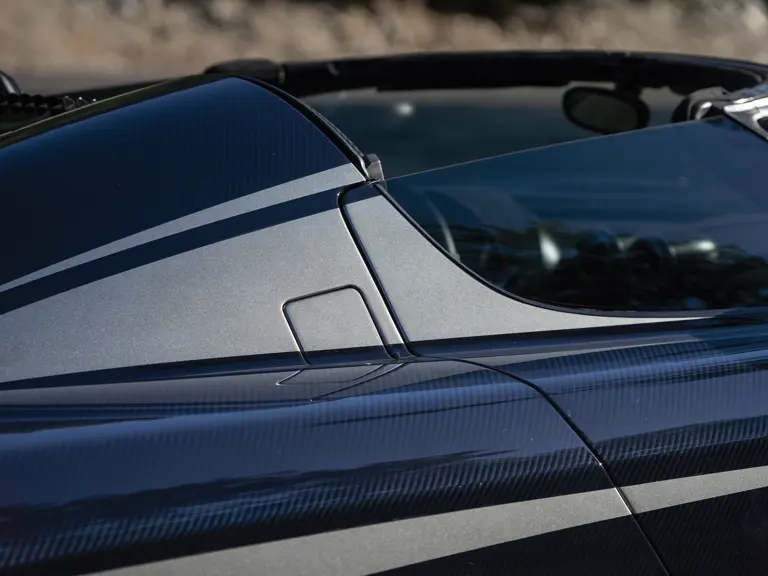
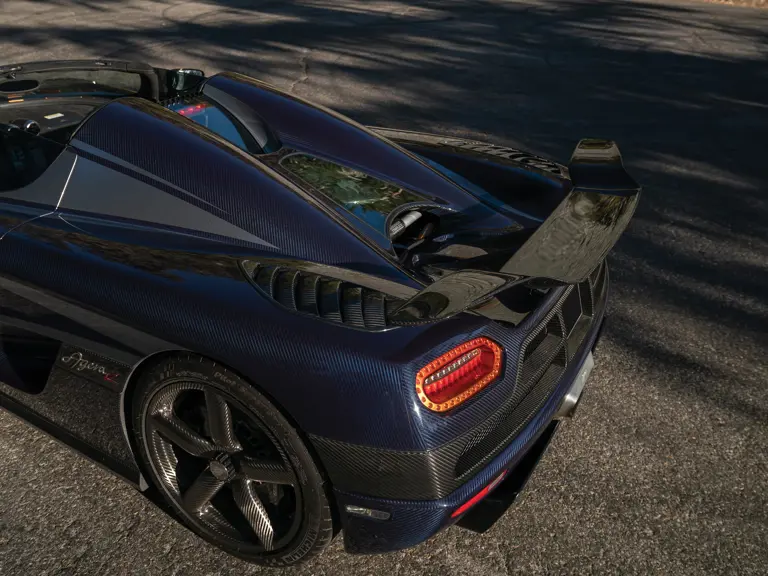
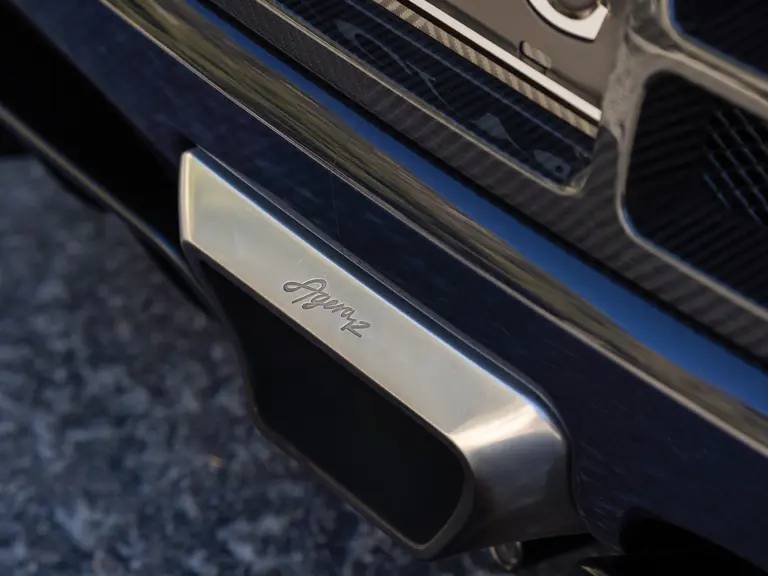
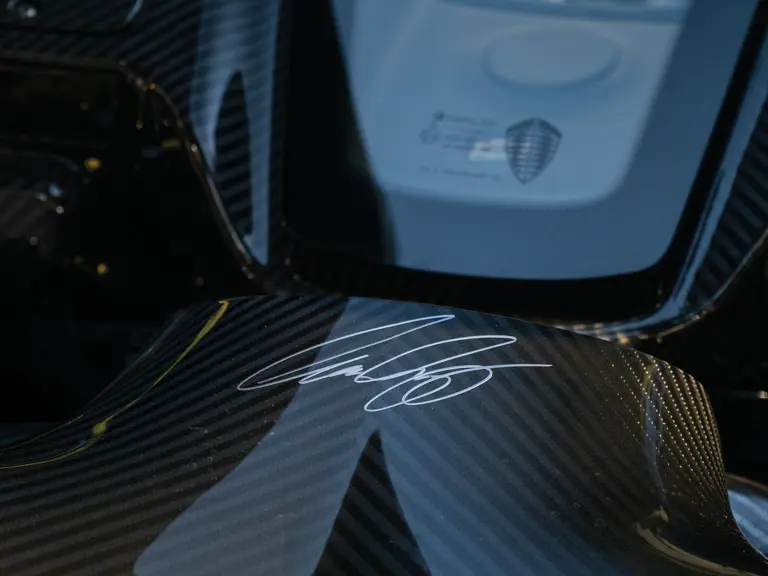
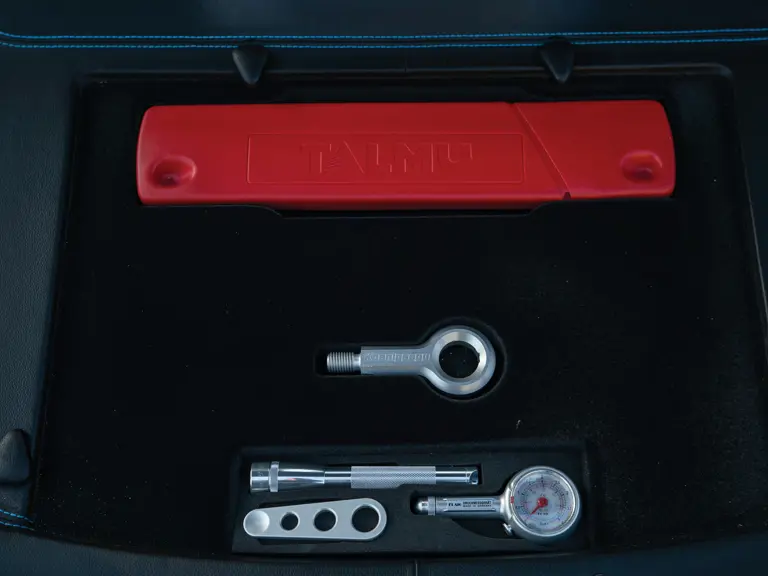
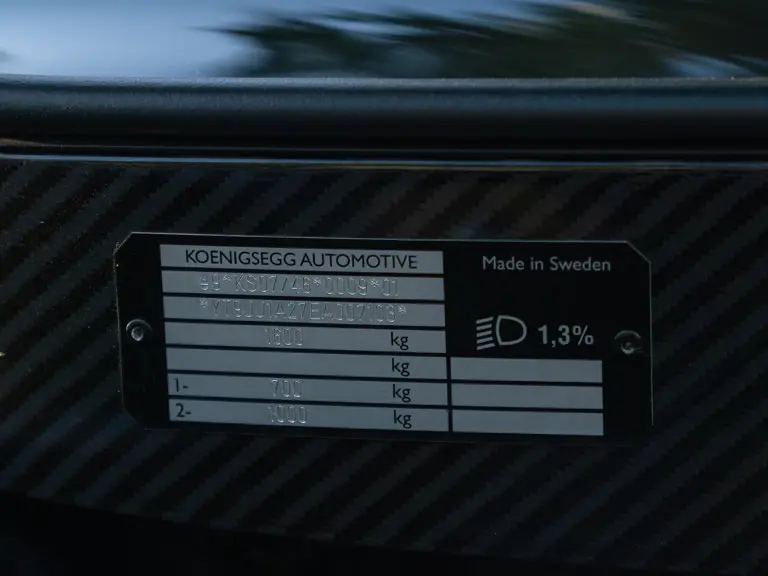
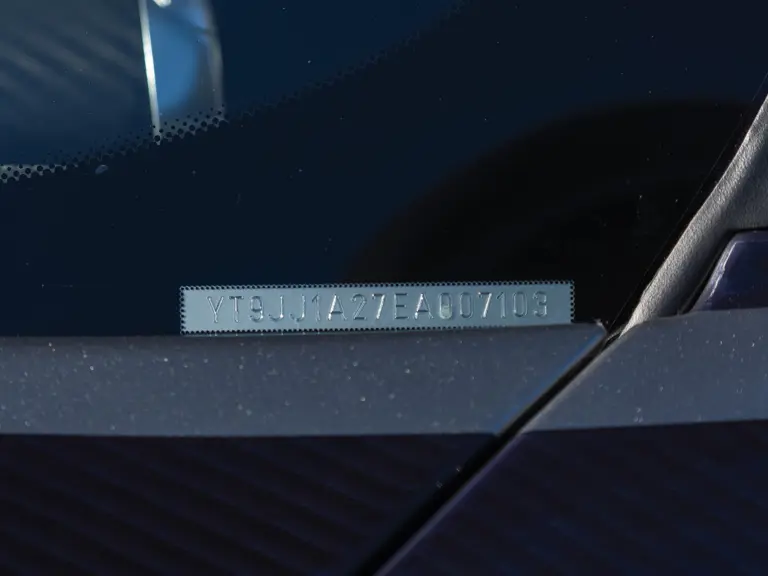
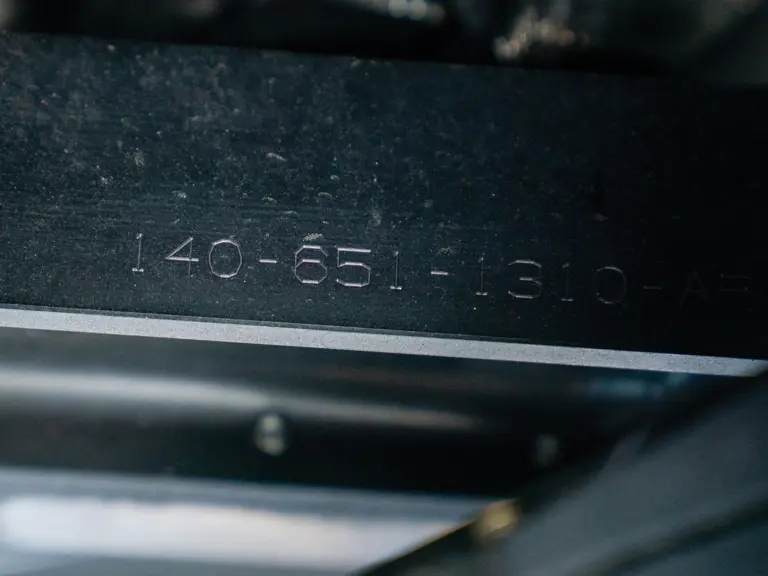
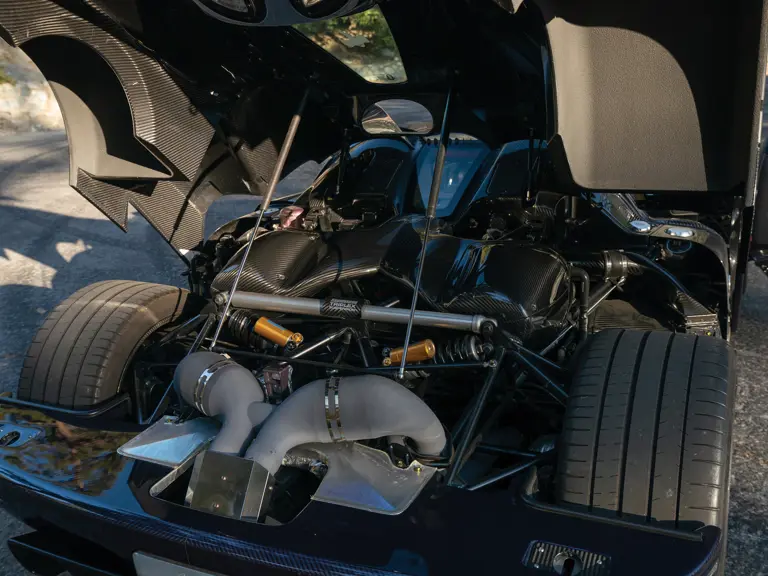
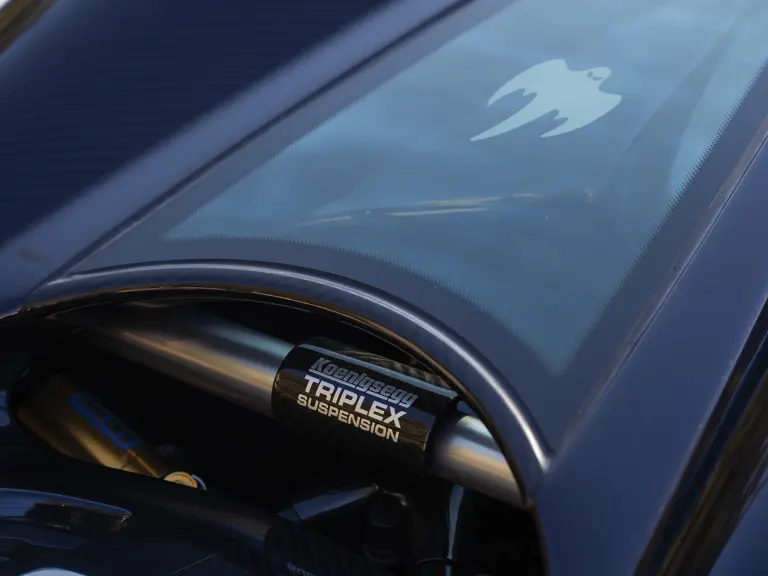
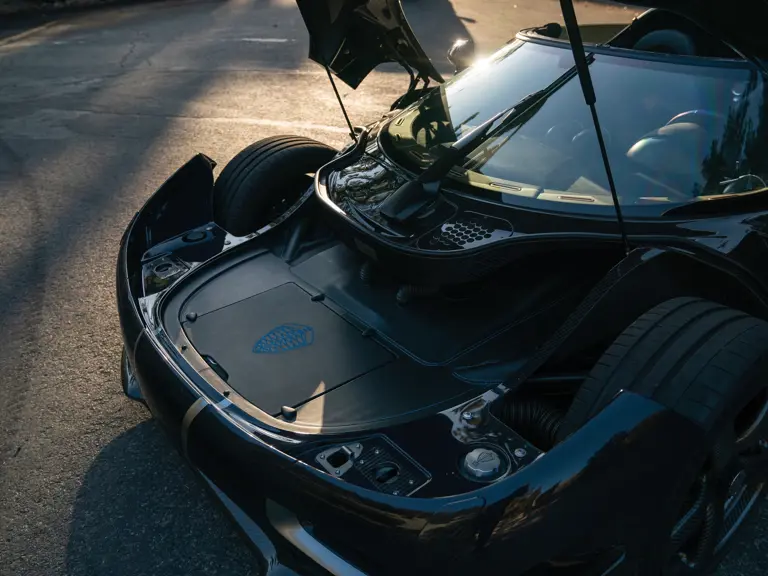
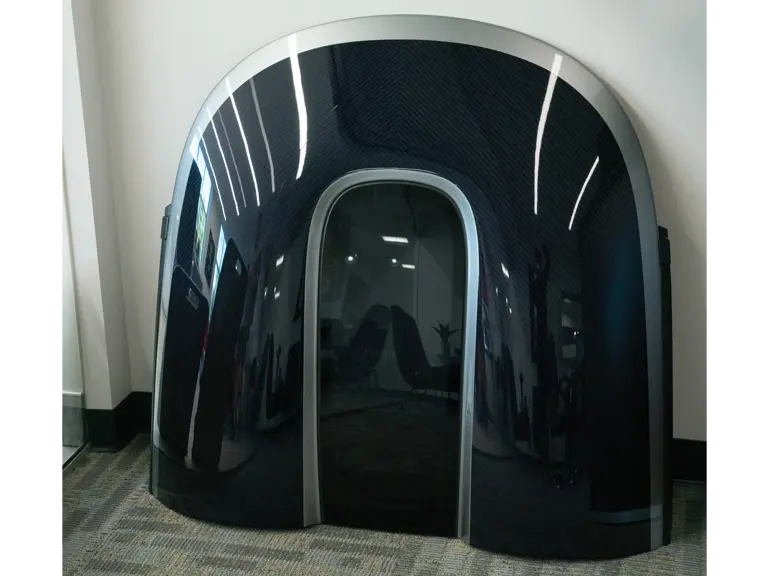
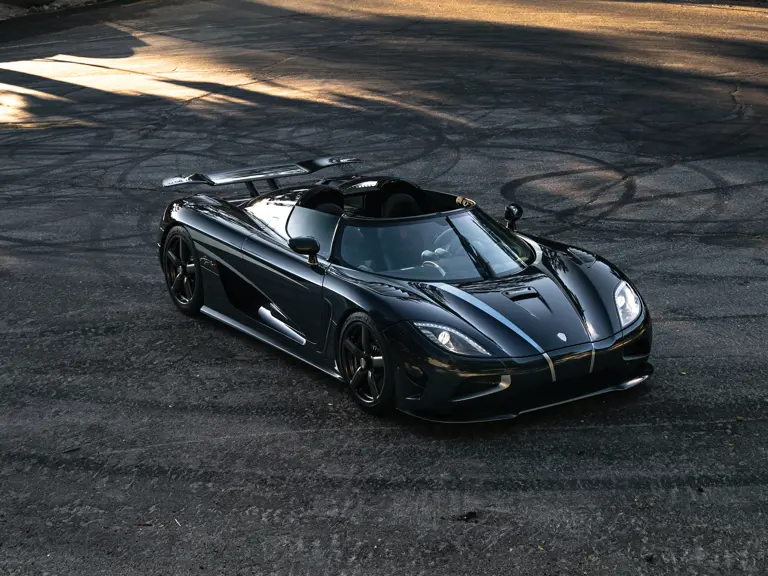
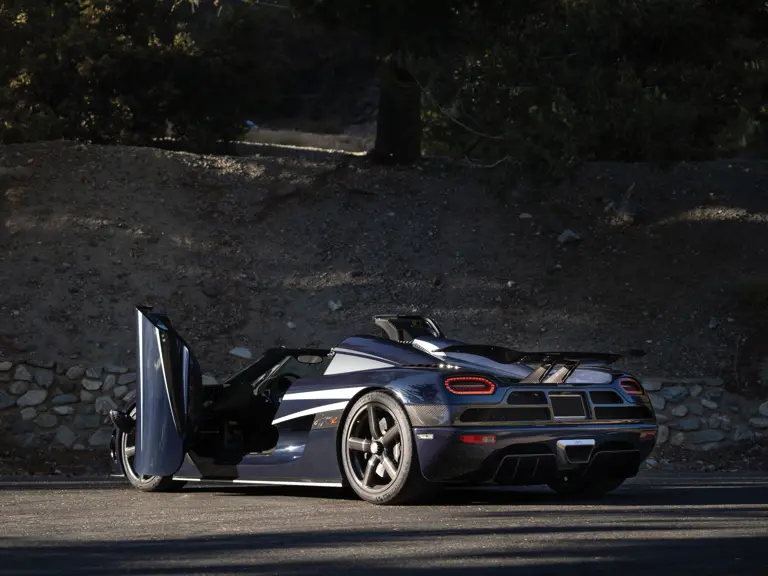
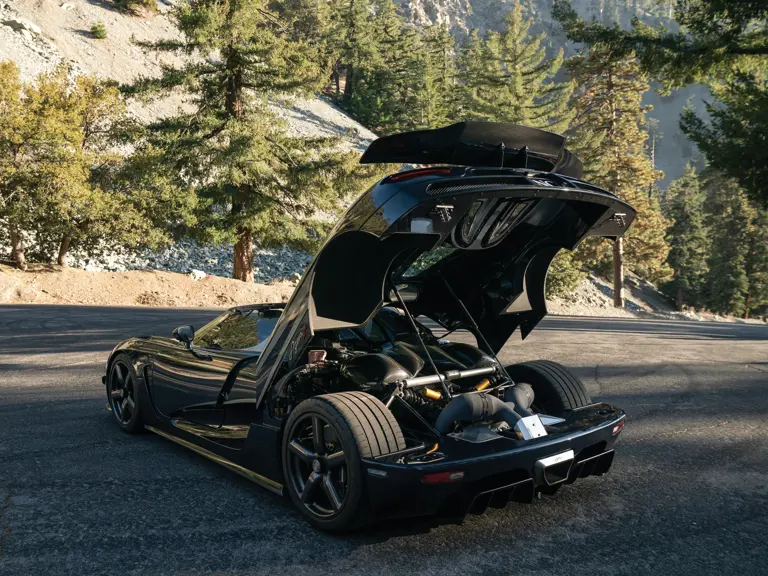
 | Abu Dhabi, United Arab Emirates
| Abu Dhabi, United Arab Emirates
